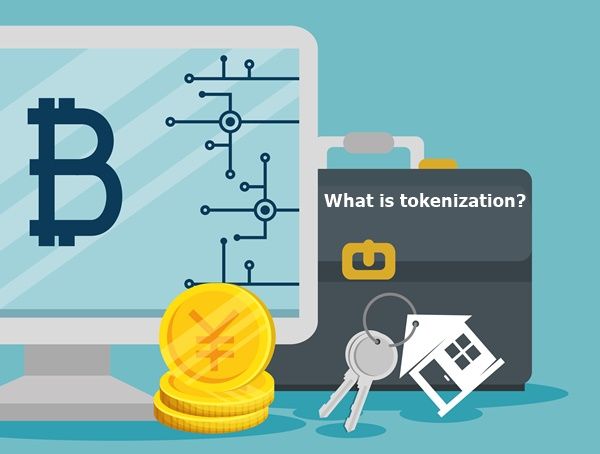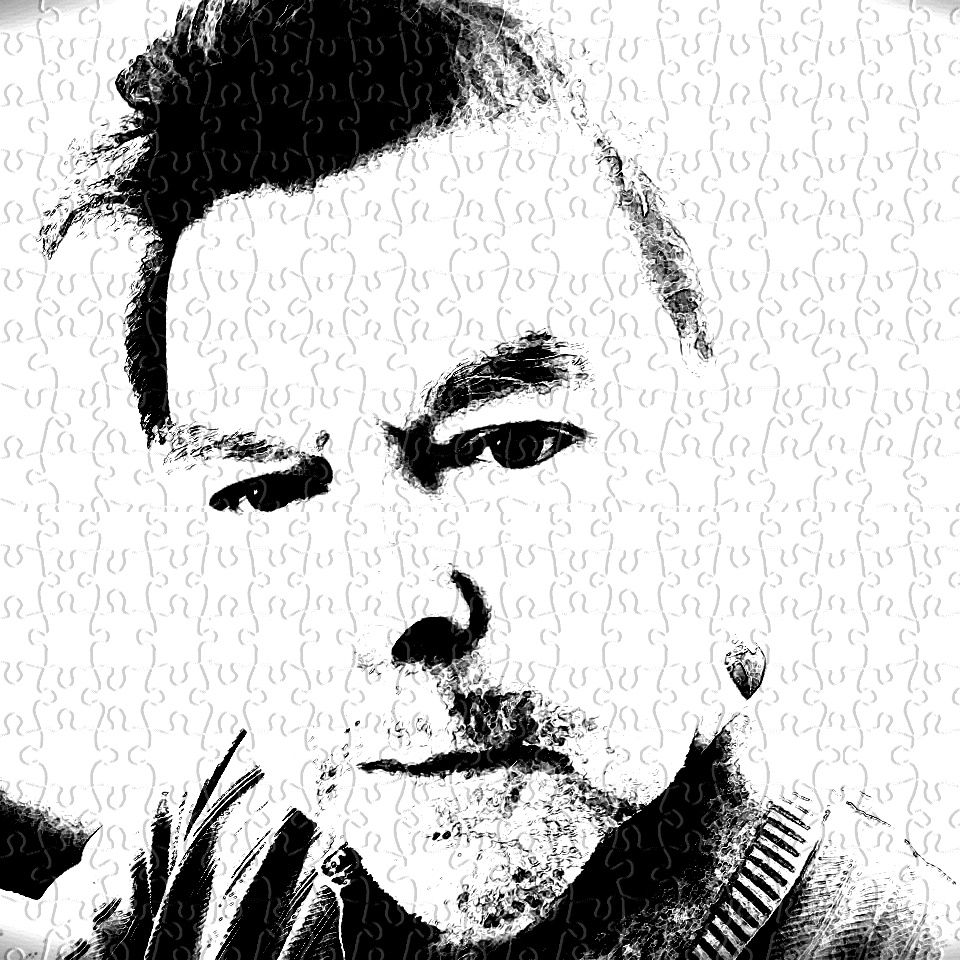
What is tokenization? There is more and more talk about tokenization, but do you really know what that means?
What is tokenization?
Tokenization refers to the process of creating and issuing a digital token that represents a real-world asset or utility. This can include assets such as real estate, commodities, and even traditional financial instruments like stocks and bonds. By tokenizing these assets, they can be traded and exchanged on blockchain platforms, enabling greater accessibility, transparency, and automation in the financial system. This is considered a key component in the growth and development of the DeFi ecosystem.
We can therefore say that tokenization consists of creating and encapsulating digital units of a real underlying asset in the blockchain.
In other words, fragmenting a real-world asset of value into separate digital elements.
This can involve all kinds of real-world assets, from real estate and property titles to shares. But also precious metals, patents, carbon credits or works of art, in the form of NFTs. Even famous vintages, artists and sportsmen and women.
The nature of the digital units (or assets) created is therefore similar to that of a cryptocurrency such as bitcoin. One digital unit of the Mona Lisa could represent 0.000001% of the Mona Lisa. One tokenised share will represent one company share.
Tokenisation of real estate:
Tokenization of real estate refers to the process of breaking down ownership of a property into digital tokens that can be traded on a blockchain platform. This allows for fractional ownership of a property, enabling investors to purchase small amounts of a property rather than having to buy the entire property. This can make it easier for investors to get involved in real estate investing, as it can be more accessible and affordable. Additionally, tokenization can increase liquidity and transparency in the real estate market, as the ownership and trading of the property is recorded on a public blockchain.
The tokenization of real estate can be done through the use of smart contracts, which are self-executing contracts with the terms of the agreement directly written into lines of code. The smart contract can automatically manage the distribution of the tokens and enforce the rules and regulations set out in the contract. This can help to automate and streamline the buying and selling process, making it more efficient and cost-effective.
Another way to tokenize real-estate is by issuing security tokens, that represent shares of a real-estate fund or a single property, and can be traded in a secondary market. This allows for liquidity, that is not present in traditional real-estate investment.
Overall, tokenization of real estate can open up new opportunities for investment and can increase the efficiency and transparency of the real estate market.
Some companies use tokenization in the real estate field, such as: RealT
Tokenization of stocks or other financial products:
Tokenization of stocks or other financial products refers to the process of breaking down a security or asset into smaller units, called tokens, that can be traded on a blockchain or other digital platform. This allows for the creation of digital assets that can be bought and sold on a decentralized market, and can also enable new forms of investment such as fractional ownership. Tokenization can also enable increased liquidity, faster settlement times and lower transaction costs.
Tokenisation of real-world assets, why could it be important in the future?
Why are we so keen to tokenize the real economy? What are the benefits? And above all, what kind of new social model will this bring? There are two clear advantages to this technological advance.
The first objective of tokenization is to democratise access to digital property for everyone. Including for assets that were previously inaccessible and indivisible. This democratisation will increase liquidity on the various markets, thanks to an influx of new investors.
Smaller structures will also be able to raise funds more easily, free from the legal, administrative and financial constraints of traditional shareholding. It will also be possible to finance private or public infrastructure through a more participative democracy. The potential applications of tokenisation of real-world assets are numerous.
Here is a summary of the areas that can be impacted by tokenization:
- Real estate: real estate assets such as houses, flats or buildings can be tokenised, meaning that they are represented by digital tokens on a blockchain. This allows ownership of a property to be divided into smaller units, making it easier to invest in and liquidate property assets.
- Works of art: Works of art can be tokenised to allow fractional ownership and trading of shares on a blockchain platform. This allows a wider range of investors to participate in the art market and gain access to works that have traditionally been reserved for a select few.
- Luxury cars: Some companies offer tokenisation of luxury cars, allowing owners to divide ownership of their cars into shares and sell them as tokens. This can offer increased liquidity for collectible and rare luxury cars.
- Luxury goods: Luxury brands may issue tokens that represent specific products, such as handbags, watches or jewellery. These tokens can be traded or resold, giving owners access to instant liquidity without having to physically sell the product.
- Financial securities: Shares, bonds and other financial securities can be tokenised, allowing them to be represented in the form of digital tokens. This facilitates transactions and exchanges of securities, while offering greater transparency and reducing the costs associated with traditional record-keeping processes.
It should be noted that tokenisation has potential benefits in terms of liquidity and accessibility, but also entails risks and regulatory challenges. It is important to exercise caution and comply with local laws and regulations when participating in tokenisation projects.
Last updated: 30 May 2024

5 commentaires sur « What is tokenization? »
Les commentaires sont fermés.